Regardless of your feelings toward them, Home Owner Associations can be a major consideration of home ownership. Many modern neighborhoods have an HOA in some form or another. The question most people ask is “why?” Knowing the answer to this will help you gauge if your next home should be part of an HOA or not.
What Do HOAs Do?
Every Home Owners Association is created for the same purpose: to protect and maintain home value within the neighborhood. How different HOAs go about doing that varies widely.
In broad strokes, an HOA has guidelines that every home in the neighborhood must follow, giving every home a cohesive look. This type of uniformity helps maintain home values at a higher level than similar, non-HOA neighborhoods. In addition to this, some HOAs offer neighborhood amenities that offer convenience or recreation to homeowners. These perks can also help in keeping home values higher.
In fact, The Journal of Urban Economics found that homes in an HOA had, on average, a 4% greater value than similar, non-HOA homes. That’s nationwide data. In my experience, I’ve found the same thing holds true locally.
Despite the pop-culture jokes and eye-rolling “nasty-grams,” HOAs do have a purpose that can be quite beneficial to homeowners.
Potential Amenities
As I mentioned above, many HOAs also provide neighborhood amenities, which help maintain home values. The most common I see around the Triangle of North Carolina are playgrounds, club houses, and swimming pools.
Other, less common amenities are dog parks and walking (or running/biking) paths. Many of the paths will also connect with larger trails like the American Tobacco Trail or one of the many Cary Greenways.
If you enjoy any of those activities, you might consider an HOA neighborhood with your next house hunt.
Road and Other Maintenance
Homeowners in NC don’t realize they may be responsible for maintaining their own roads. Depending on where you live, your road may be privately-maintained. That means you’re responsible for fixing pot holes, cracks, and general wear and tear. HOAs will typically have a budget for this, and they’ll schedule the paving companies to take care of everything when it’s needed. Without the HOA, the neighborhood could be on its own to make any road repairs.
If you live in Durham, a good starting point is the Durham GIS Map, and turn on the “Road and Street Maintenance Responsibility” layer. (Click on the three bars in the top-left, click on Layer List, the option is under the “Transportation” header towards the bottom)
Roads may be the biggest, but other types of maintenance also fall into this category. Street lamps, sidewalks, and common area landscaping are all elements that HOAs might manage. These can be simple safety features we take for granted, and the HOA helps ensure each one stays functional.
The Other Side of an HOA
None of the things I’ve mentioned are free – it costs money to clean a pool or maintain nearby trails. This is where we see the other side of the HOA coin.
First up is the HOA dues. This monthly, quarterly, or annually paid amount goes towards all the general maintenance and overhead required for the above amenities. We’ve covered the legal rights of HOAs in another article, so make sure to keep up with these payments.
Associations can also apply special assessments to its members for capital expenses. These are typically reserved for major projects in the neighborhood like overhauling a pool or repairing weather damage to trails. In North Carolina, if your HOA has made (or will make) any special assessments, you (and your agent) must disclose it to a potential buyer.
No HOA article is complete without addressing the “overbearing HOA” cliche. Can they actually tell you what color to paint your front door? Yes. Though it’s more likely they’ll tell you not to paint it a certain color. They want the neighborhood to have some uniformity.
As we discussed above, that helps maintain property value. It doesn’t mean all the houses look exactly alike, but it does mean there’s some similarity between them. This truly depends on the neighbors who are in charge of your HOA. If you don’t like the way things are run, get involved and make sure your voice is heard.
Read Your Guidelines
The “overbearing HOA” cliche leads me to the root of many neighborhood conflicts: your HOA’s rules. Make sure to read these. Period.
They can be dry and dull, but knowing what you can and cannot do will save a LOT of time and headache in the long run.
Don’t have a copy of your HOA’s rules and regulations? Your real estate agent should be able to research that and find an answer easily (I do it all the time for my clients, current and past).
Make the Right Choice for You
We all have different opinions on HOAs, and that’s fine. I like mine because of the amenities, even though I have to cut my grass more often than I’d like. Clients have specifically stated they will not consider homes in HOA neighborhoods because they don’t want someone else telling them what to do. I understand both sides of the argument.
After reading this, I hope you do as well, and can make the call that’s right for you.
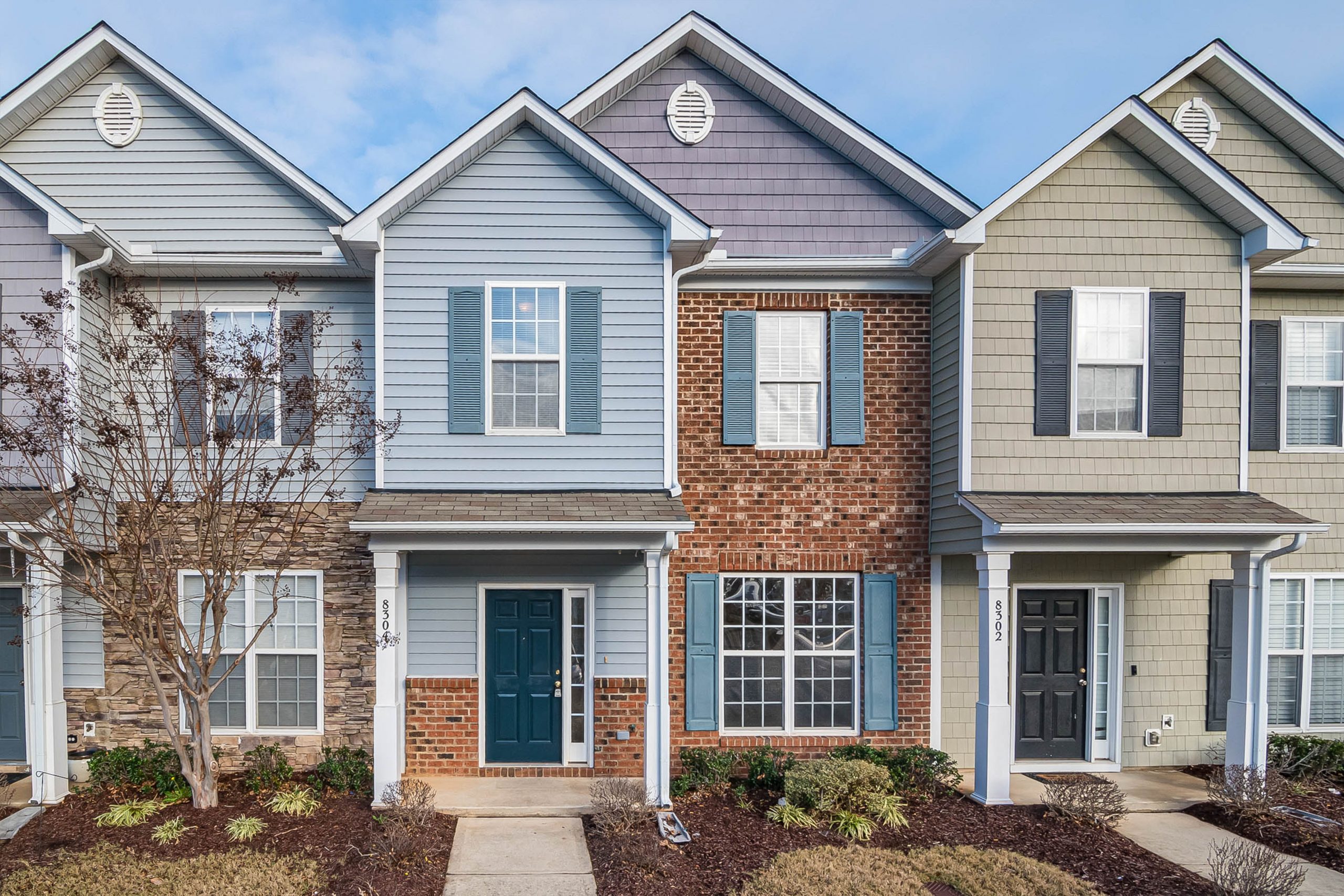

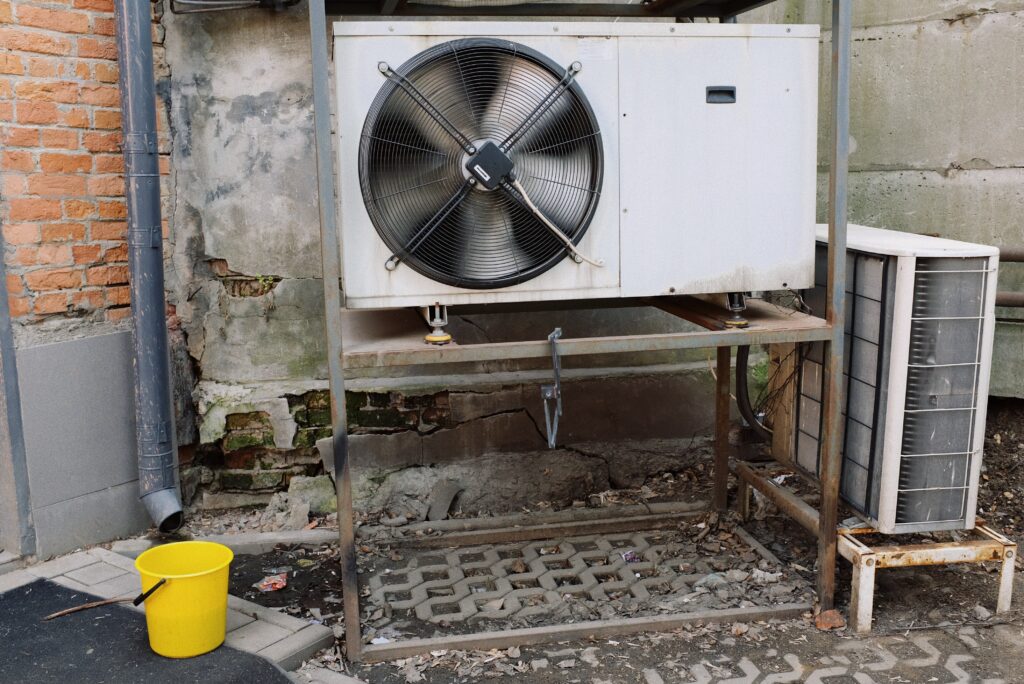

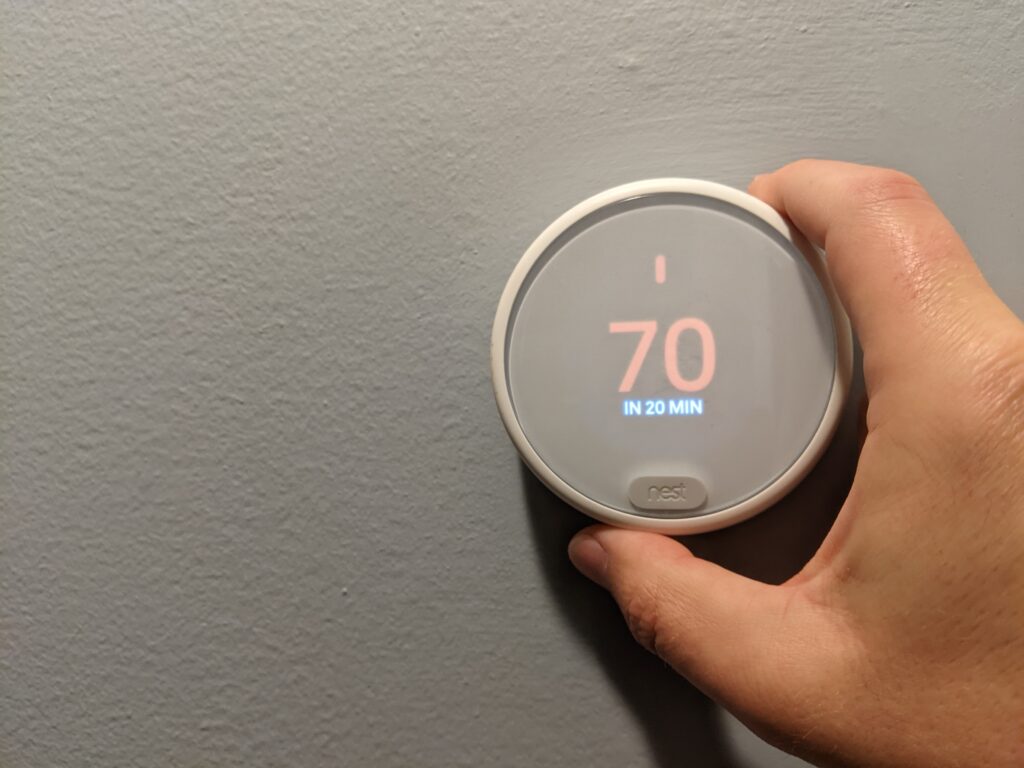
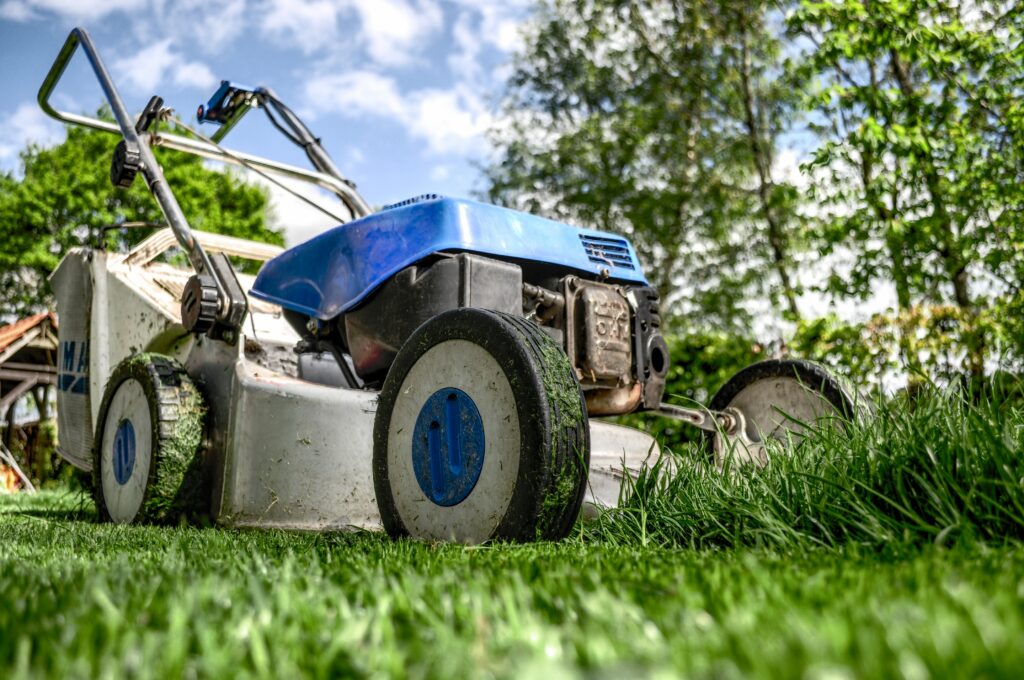
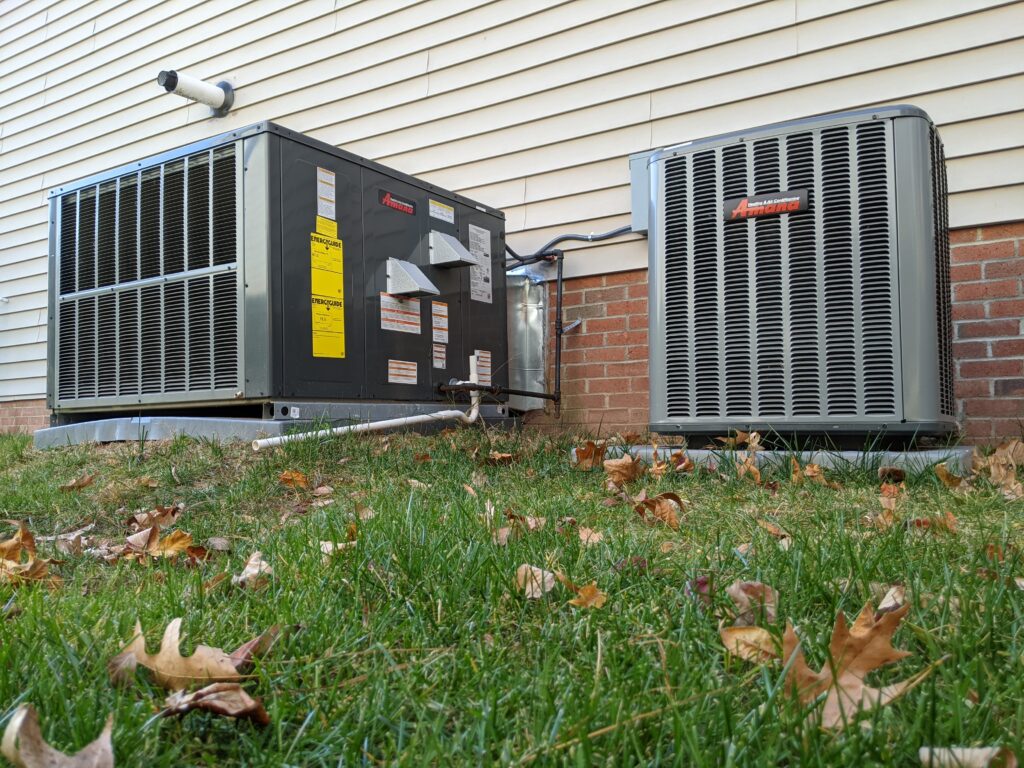
Leave a Reply